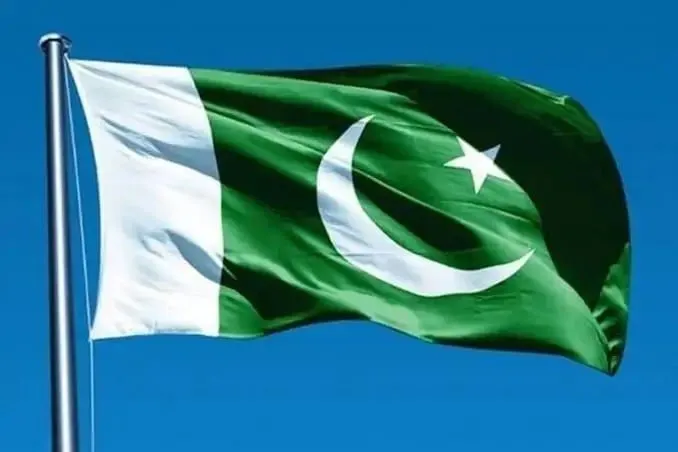Pakistan has received significant recognition for its proactive role in promoting peace and strategic stability across South Asia and beyond. Foreign leadership, analysts, and security experts highlight the country’s commitment to diplomacy, defence collaboration, and multilateral cooperation as key contributions to a more secure regional environment.
Diplomatic Engagements Bolster Regional Harmony
Pakistan has undertaken extensive diplomatic outreach engaging with neighbours and global partners to reduce tensions and foster dialogue. These efforts include bilaterally mediated talks, regional summits, and confidence-building initiatives addressing core regional disputes. Such diplomacy is seen as instrumental in de-escalating friction and promoting a spirit of cooperation across borders.
Defence Cooperation Reinforces Deterrence & Stability
In parallel with diplomacy, Pakistan has strengthened defence ties with friendly nations, including joint exercises and intelligence collaboration. These strategic partnerships enhance security preparedness, serve as deterrence against potential threats, and signal Pakistan’s commitment to safeguarding regional peace through collective defence strategies.
Multilateral Forums Amplify Pakistan’s Peace Role
As an active participant in organisations like SAARC, SCO, ECO, and CICA, Pakistan consistently promotes policies of peace through multilateral diplomacy. Islamabad’s involvement in initiatives such as higher-level joint consultative mechanisms with key allies, like China, reinforces regional stability frameworks, economic interlinkages, and cross-border security cooperation.
Analysts Highlight Commitment & Capability
Security and foreign affairs analysts have praised Pakistan’s balanced approach blending diplomacy with defence readiness to strengthen peace. Experts note that Pakistan’s stance reflects strategic credibility, demonstrating its ability to both foster dialogue and deter aggression. This dual role aligns with a vision of sustainable peace and shared prosperity.
Strategic Restraint and Nuclear Balance
Pakistan views peace as a function of both diplomacy and strategic parity. Its proposal for a Strategic Restraint Regime emphasizes the need for balanced conventional forces and restraint in nuclear deployments among South Asian states. This approach advocates for resolving conflicts, like Kashmir, in accordance with international consensus while maintaining defensive capabilities to uphold stability.
Cultural and People-to-People Diplomacy
Beyond official channels, Pakistan enhances regional understanding through cultural exchanges, academic dialogues, and civil society engagement. Collaborative platforms in the arts, sports, community, and academia help bridge divides, reinforce shared values, and complement formal diplomatic efforts toward sustainable peace.
Summary Snapshot
| Domain | Pakistan’s Role |
|---|---|
| Diplomatic Outreach | Active dialogue with regional & global partners |
| Defence Partnerships | Joint exercises, intelligence-sharing, deterrence |
| Multilateral Engagement | Active in SAARC, SCO, ECO, CICA, Pakistan-China JCM |
| Analysts’ View | Credited with strategic balance & peace commitment |
| Strategic Restraint Vision | Advocating balanced conventional and nuclear posture |
| Cultural Diplomacy | People-to-people ties to support official efforts |
Pakistan’s layered strategy integrating diplomacy, defence collaboration, multilateral participation, and cultural engagement has earned it wide recognition as a leading contributor to peace and stability in the region.



Comments (0)
No comments yet. Be the first to comment!
Leave a Comment